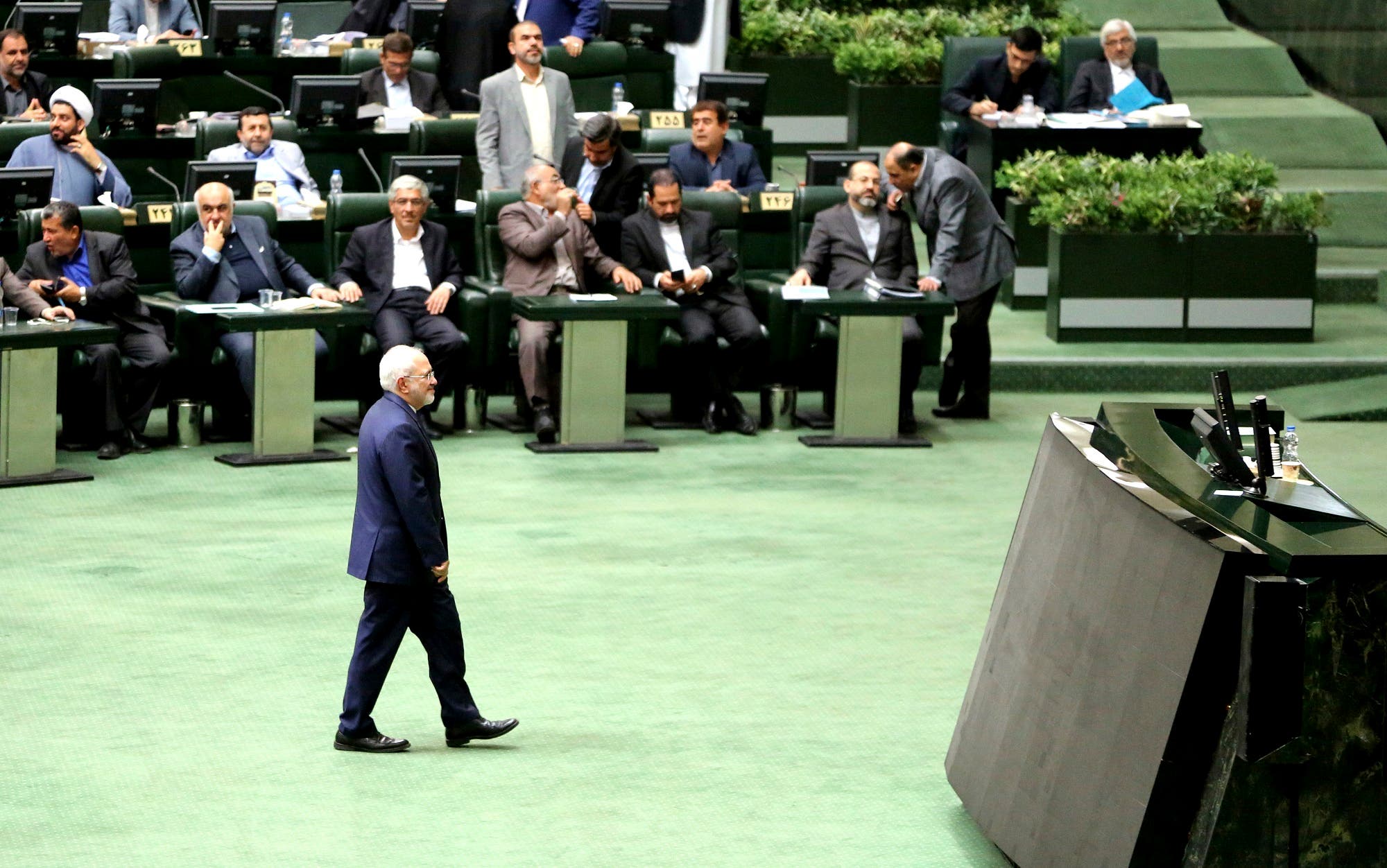What is the FATF and why are we hearing such conflicting remarks from inside the Iranian regime in this regard?
The Financial Action Task Force is a non-governmental organization established by the G7 back in 1979 to tackle money-laundering. In 2001, the initiative was expanded to also target terrorism financing.
The FATF secretariat is based in the Organization for Security and Co-Operation in Europe, located in Paris. In 2012, the task of confronting financing any terrorism-promoting activities was added to the FATF’s responsibilities.
FATF, in charge of supervising financial cross-border transactions, provided an October deadline to the Iranian regime to join two international conventions and reform two domestic laws. This body is holding its plenary meeting in Paris this week to discuss “a range of important issues to protect the integrity of the financial system and contribute to global safety and security.”
In response, the cabinet of Iranian President Hassan Rouhani presented four bills to the regime’s Majlis (parliament):
– The Anti-Money Laundering Law Reform Bill
– The Anti-Terrorism Financing Law Reform Bill
– The International Convention for the Suppression of the Financing of Terrorism Supplementary Bill
– The Convention against Transnational Organized Crime Supplementary Bill
History
Following a four month-long delay, the Iranian regime parliament finally approved a bill agreeing to adopt the Combating the Financing of Terrorism standards. This is considered the most important step for Tehran in the path of eventually joining the FATF.
Many voices from inside the Iranian regime launched a major brouhaha after these developments. Foreign Minister Mohammad Javad Zarif described it a historical decision.
Hamid Aboutalebi, an advisor to Rouhani, praised the parliament and said members showed the country’s national security and the Iranian people’s interests are their primary priorities.
Khamenei opposition
The CFT approval, however, came despite the fact that Supreme Leader Ali Khamenei had specifically said he opposes this law. Meeting members of parliament back in June, Khamenei specifically voiced his opposition to joining any international conventions.
“These accords are actually cooked up in one specific place… If an independent government is found somewhere, such as the Islamic republic, who for example says we don’t accept these conventions and international accords… They attack them with harsh rhetoric demanding they join… That’s what these conventions are all about. Now, what do we do?… I said the parliament should pass a law. For example, on the issue of combating terrorism or money-laundering… the members should sit down and pass their own law,” he said.
Khamenei had described the FATF as an “endless pit” in his social media page. And at a recent state-launched rally in Tehran’s Azadi Stadium, Khamenei delivered a speech covering a variety of subjects.
“As long as I’m alive I will not allow the country to surrender,” he said. However, word inside Iran indicates that all parties are awaiting his signal to do exactly that.
It is common knowledge that whenever Khamenei emphasizes on standing firm, he is signaling to the regime’s depleting social base he will be heading the opposite route.

A step back
Parliament speaker Ali Larijani made everything clear reading Khamenei’s letter to Majlis members.
“What I said during our meeting with the members in regards to the four bills and conventions was related to the very principle of these conventions, and not a particular convention. Therefore, I have no objection with these bills being evaluated in the parliament, in order to follow through with the legal procedures,” the letter read in part.
Through such remarks Khamenei took back his own words and threw the ball into the parliament’s court.
Why the predicament?
Why can’t anyone in the Iranian regime, even Khamenei himself, put their foot down and finalize the issue. The answer can be found in Zarif’s remarks to the Majlis members.
“China’s international policies are very similar to that of the Islamic republic. China is our strategic partner. We are also strategic partners with Russia. However, the Russian Central Bank chief told Dr. Hemmati [his Iranian counterpart) we will not be able to conduct business without the FATF. The Chinese had also made similar remarks time and again,” he explained.
“Neither I, nor the president, we cannot guarantee all our problems will be resolved by joining the FATF. However, we can guarantee that by not joining this bill the US will find a very important pretext to increase its pressures against us,” Zarif added.
The Iranian regime has been weighing this issue since 2011, enjoying the appeasement approach practiced by the Obama administration to buy time.
Shooting in the foot
Tehran is also very concerned, understanding the severe consequences of joining the FATF. The clerical regime will no longer be able to funnel money to terrorist groups such as the Lebanese Hezbollah, Hamas, Shiite proxies in Iraq, and the Houthis in Yemen. This means shooting yourself in the foot for Tehran.
All the while, if the Iranian regime fails to approve the FATF conventions, its banking transactions with Europe, Russia and China will face extreme difficulties. This gains significant proportions when we take into consideration the November 5th return of US sanctions targeting Iran’s oil/banking/shipping sectors. This will have a crippling impact on the Iranian regime, to say the least, especially considering the increasing protests and strikes across the country.
The current circumstances were best explained by the Iranian regime’s own members of parliament: committing suicide in fear of death. This is the very telling indication and interpretation of a regime facing a critical impasse.
Leave a Reply